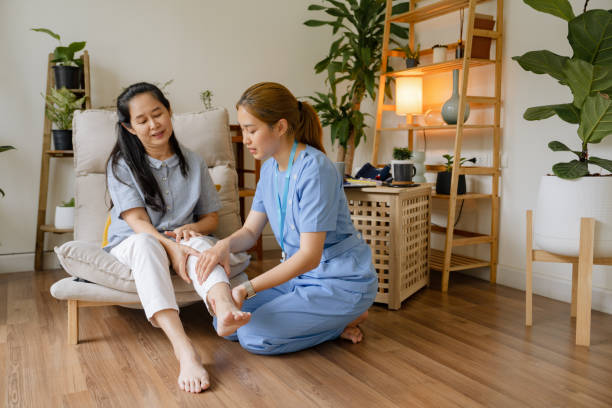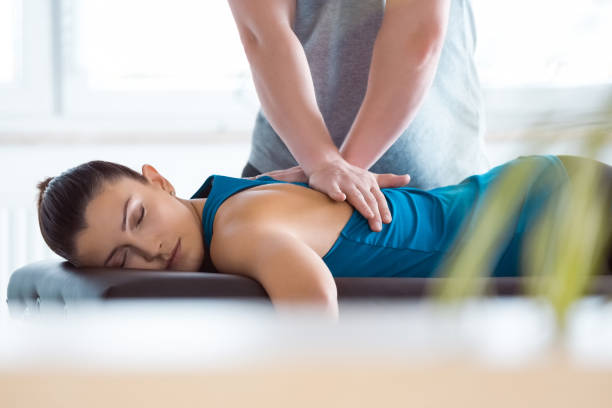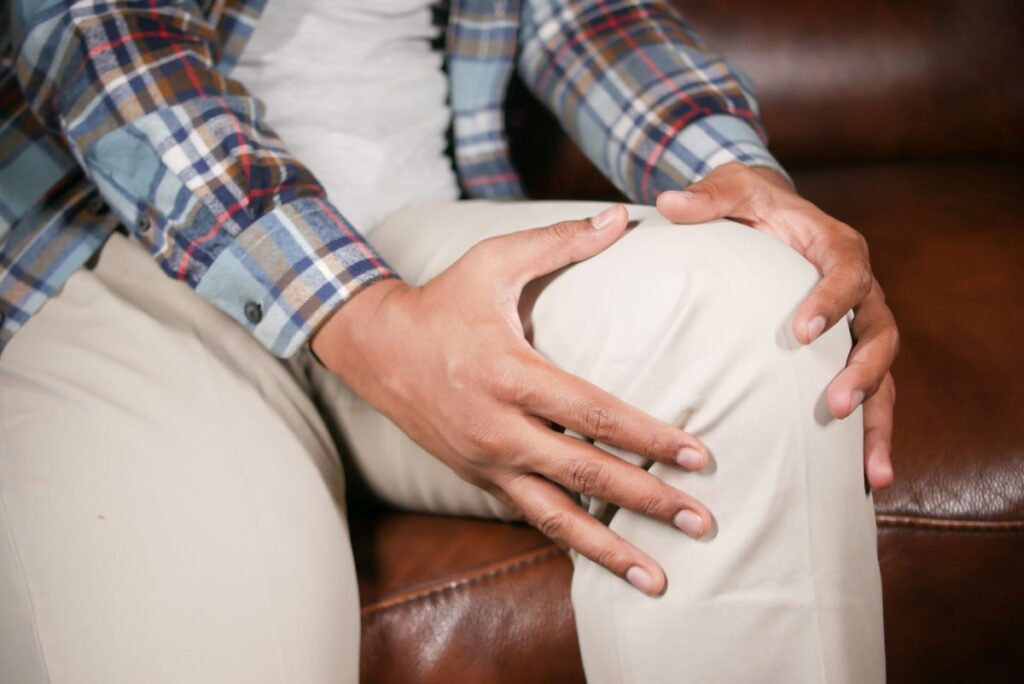Alternative Treatments
Alternative Treatments For Knee Pain
Are you one of the millions of people who have knee pain? If this is the case, you’re undoubtedly looking for respite from the discomfort and limitation it brings. While conventional treatments such as medication and surgery are frequently required, complementary and alternative therapies can give additional support and pain control. In this post, we’ll look at various alternative therapies for knee pain that you should think about.
Common Causes of Knee Pain
First things first: before we get into alternative remedies, let’s have a look at some of the most common causes of knee pain. Pain in the knee can be brought on by a number of different things, including injury, excessive use, arthritis, and obesity, among others. In addition, it may be brought on by a knee joint that is not properly positioned or by weak muscles that surround the knee. One of the most important steps in developing the most efficient treatment plan is to determine the underlying cause of the issue.

Traditional Treatment Options for Knee Pain
Knee pain is typically treated with medication, physical therapy, and, in the most severe cases, surgical intervention by a medical professional. The treatment of pain and inflammation is typically accomplished with the help of nonsteroidal anti-inflammatory drugs, sometimes known as NSAIDs. Strengthening and stretching the muscles that surround the knee is one of the goals of physical therapy. In the event that a number of different treatments are unsuccessful in providing relief, surgical procedures such as knee replacement or arthroscopy may be considered. In spite of the fact that certain treatments have the potential to be useful, it is possible that they are not suitable for everyone. This is the point at which unconventional treatments come into play.
Benefits of Alternative Treatments for Knee Pain
Alternative remedies provide a more holistic approach to knee pain management. They concentrate on treating the underlying source of the pain rather than merely the symptoms. Many alternative therapies have been found to be both safe and helpful in terms of lowering pain, improving mobility, and improving overall well-being. Furthermore, they frequently have less adverse effects than traditional drugs. Let’s take a closer look at some of these alternative remedies.
Acupuncture as an Alternative Treatment for Knee Pain
One alternative treatment that is garnering an increasing amount of favor is acupuncture. During this traditional Chinese practice, tiny needles are put into certain points on the body in order to improve the flow of energy and alleviate pain simultaneously. It has been demonstrated that acupuncture can help alleviate knee pain and significantly enhance joint function. Also It is believed that it works by increasing blood circulation to the affected area while at the same time encouraging the release of endorphins, which are the natural painkillers that the body produces. It is also possible for acupuncture sessions to help reduce inflammation and swelling, which can provide long-term relief for knee pain that is persistent.

Chiropractic Care for Knee Pain Relief
Chiropractic treatments is another alternative treatment worth trying for knee pain alleviation. Chiropractors work to realign the body’s musculoskeletal structure in order to relieve pain caused by misalignment. Chiropractic adjustments can assist restore appropriate alignment of the knee joint, lowering strain on the surrounding tissues and increasing overall function in the event of knee discomfort. Other complementary therapies, such as massage, stretching, and exercises to strengthen the muscles that support the knee, may be included in chiropractic care. Following chiropractic treatment, many patients reported considerable improvements in knee pain and mobility.
Physical Therapy Exercises for Knee Pain Management
Physical therapy activities aimed at strengthening the muscles around the knee can also be useful in lowering pain and enhancing flexibility. A physical therapist can create a tailored workout program that targets specific muscle groups in order to enhance joint stability and function. These workouts may involve stretching, strengthening, and low-impact aerobic activities. Physical therapy can not only provide short-term pain relief but also prevent future knee injuries and support long-term joint health. It is crucial to work closely with a certified physical therapist to ensure optimal technique and development of exercises.
Herbal Remedies and Supplements for Knee Pain
In addition to hands-on therapy, herbal medicines and supplements have shown potential in lowering joint discomfort and increasing knee function. Glucosamine and chondroitin are regularly used supplements that have been examined for their possible benefits in controlling osteoarthritis, a common cause of knee discomfort. These supplements are believed to help preserve the health and integrity of cartilage, the cushioning tissue in the joints. Other herbal medicines, such as turmeric and ginger, have anti-inflammatory effects that can aid in lowering knee discomfort and swelling. However, it’s vital to contact with a healthcare practitioner before starting any supplements to confirm they are safe and appropriate for your individual condition.

Mind-Body Techniques for Knee Pain Relief
Finally, mind-body therapies can be effective in treating knee discomfort. Meditation, yoga, and deep breathing techniques can all help reduce stress, which is known to aggravate pain. These strategies encourage relaxation, boost mood, and raise body awareness, all of which can have a good impact on pain perception. Mind-body therapies are frequently used in conjunction with other complementary treatments to improve their effectiveness.
Conclusion
if you’re seeking alternative treatments for knee pains, there are various options to consider. Acupuncture, chiropractic care, physical therapy exercises, herbal remedies, and mind-body techniques all offer potential benefits in reducing pain and improving knee function. It’s important to consult with a healthcare professional before starting any alternative treatment to ensure it’s safe and appropriate for your specific condition. Remember, finding the right combination of conventional and alternative therapies can help me find relief and regain my mobility.
Remember, it’s important to consult with a healthcare professional before starting any alternative treatment to ensure it’s safe and appropriate for my specific condition. With the right combination of conventional and alternative therapies, I can find relief and regain my mobility.


